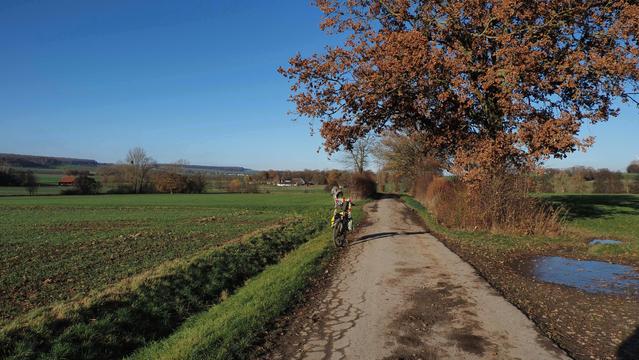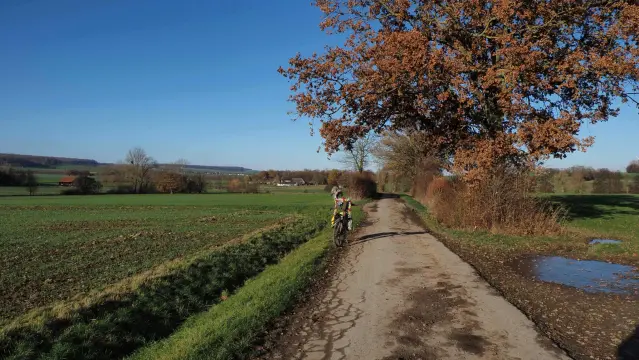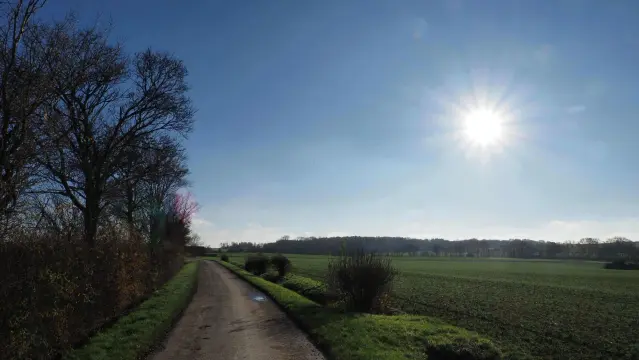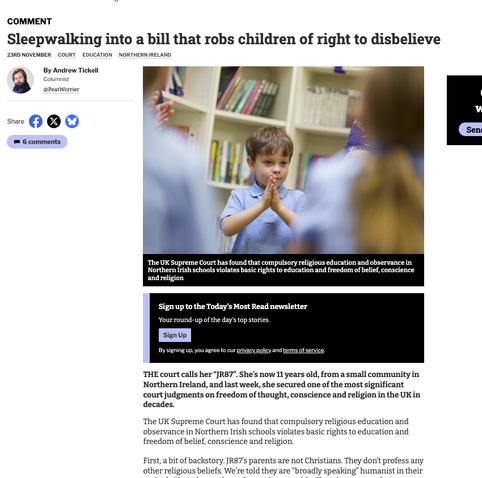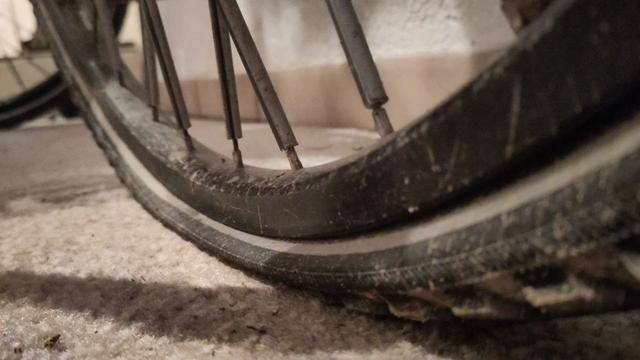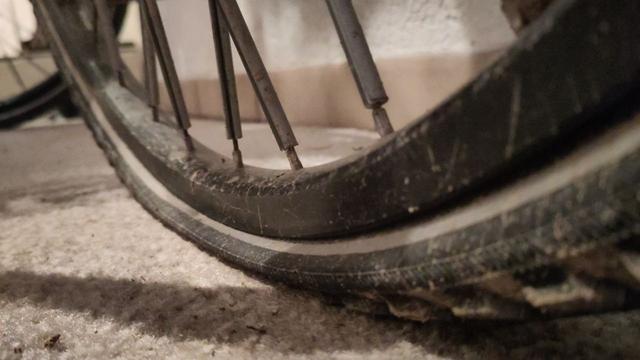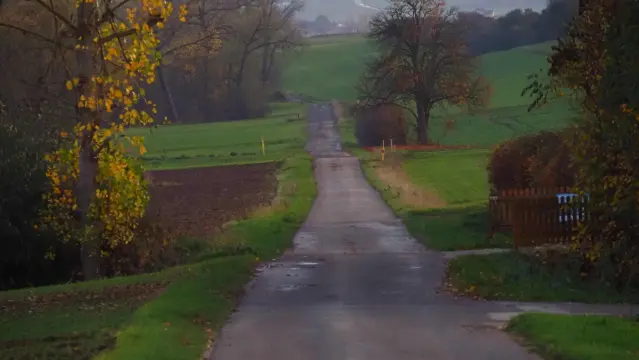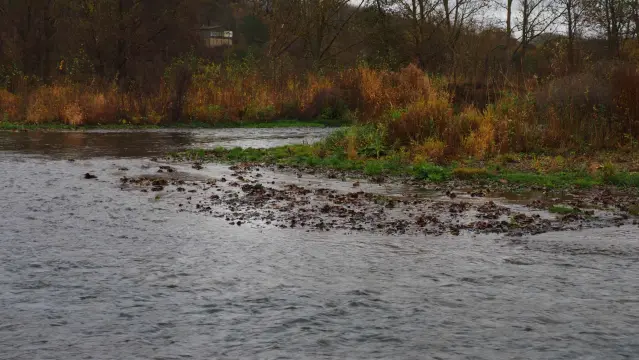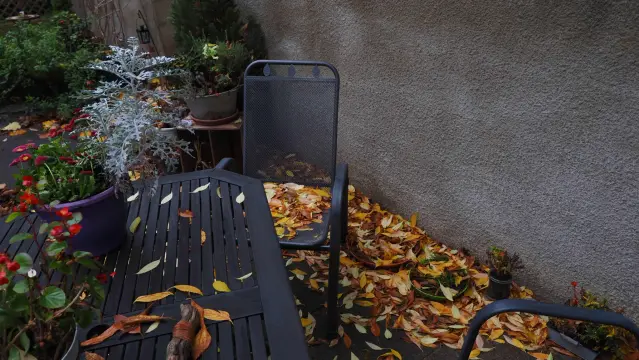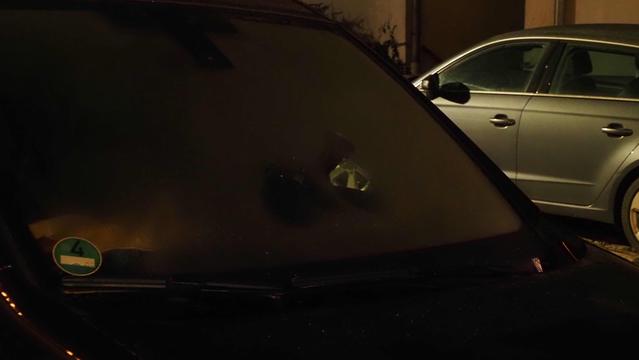Budget 2025: New pension savings tax could cost workers more, experts warn
Workers could end up paying more to save for their retirement after the Chancellor confirmed a new pension savings tax in the Autumn Budget. From April 2029, anyone putting more than £2,000 a year into their pension through salary sacrifice will have to pay National Insurance contributions on the extra amount. National Insurance is the tax that funds state pensions and benefits, meaning workers will see less take‑home pay if they save above the cap.
The Treasury says the measure is designed to raise money as part of wider tax reforms. But pensions experts, consumer groups and campaigners warn it risks discouraging people from saving at a time when many households are already struggling with rising costs.
“Unpopular and disincentivising”
Salary sacrifice has been one of the simplest ways for workers to boost their pension pots, with both employees and employers saving on National Insurance.
Maike Currie, VP Personal Finance at PensionBee, said the change could undermine confidence in workplace pensions:
“Salary sacrifice is one of the most efficient ways for employees to save more for their future. Limiting the amount that can be contributed in this way is an unpopular move, disincentivising companies who provide workplace pensions and sending the wrong message to millions of basic rate taxpayers trying to save.”
Currie added that the government’s decision comes at a time when households are already under pressure, and that confidence in long‑term saving is vital to meeting retirement needs.
Industry and consumer concerns
Other industry figures echoed those concerns. Richard Knight, head of pensions at Burges Salmon, said the change “will hit employees who are trying to save responsibly” and adds complexity for employers, particularly smaller businesses.
Pensions UK, a national advocacy group, warned the cap could worsen Britain’s retirement savings gap. Executive Director Zoe Alexander said:
“Over half of savers are already on course to fall short of retirement income targets. Adding new costs to salary sacrifice risks widening that gap.”
Consumer campaigners pointed out that while the state pension will rise by 4.8% next April, frozen tax thresholds until 2031 mean more workers will be dragged into higher bands, reducing take‑home pay and pension affordability.
Treasury forecasts and government aims
The government argues the pension savings tax is necessary to protect revenues as more people use salary sacrifice to boost their pensions. The Office for Budget Responsibility (OBR) estimates the change will raise around £4.7 billion by 2031, money the Treasury says will help fund public services.
But analysts describe it as a “stealth tax,” warning that the measure will not only affect higher earners but also ordinary workers who try to save more than the £2,000 limit. Employers, too, will face higher National Insurance bills, reducing the incentive to offer generous workplace schemes. Critics say this risks undermining the very system designed to encourage long‑term saving.
What it means for savers
For employees, the change means salary sacrifice will remain in place, but its benefits will be capped. Anyone saving more than £2,000 a year through this route will see extra National Insurance taken from their pay packet, leaving them with less money each month.
Campaigners warn this could discourage workers from putting aside more for retirement, widening Britain’s savings gap. With Britain already facing a shortfall in pension provision, experts say stability and clear incentives are essential if the government wants people to keep saving for the future.
Related stories from Swansea Bay News
Autumn Budget 2025: Westminster leak, Welsh impact
Rachel Reeves’s Budget was overshadowed by an OBR leak and fierce Commons clashes — here’s what it means for Wales.
Autumn Budget 2025: Welsh parties clash over Reeves’s plans
Labour hails child poverty measures, Plaid warns Wales is shortchanged, Conservatives call it a “circus,” Reform and Lib Dems add criticism.
Autumn Budget 2025: What more than 100 possible tax changes could mean for South West Wales
From income tax rises to energy bill shifts, we break down how Budget reforms could affect households and businesses locally.
Tractors roll into Westminster as farmers protest Budget’s “family farm tax”
Farmers drove tractors into Westminster to protest inheritance tax reforms, warning of lasting damage to Welsh family farms.
#autumnBudget2025 #budget #money #nationalInsurance #ni #nic #obr #officeForBudgetResponsibility #pensionSaving #pensions #rachelReevesBudget #rachelReevesMp #salarySacrifice #savings #ukBudget2025





